5 Challenges of Reopening Churches
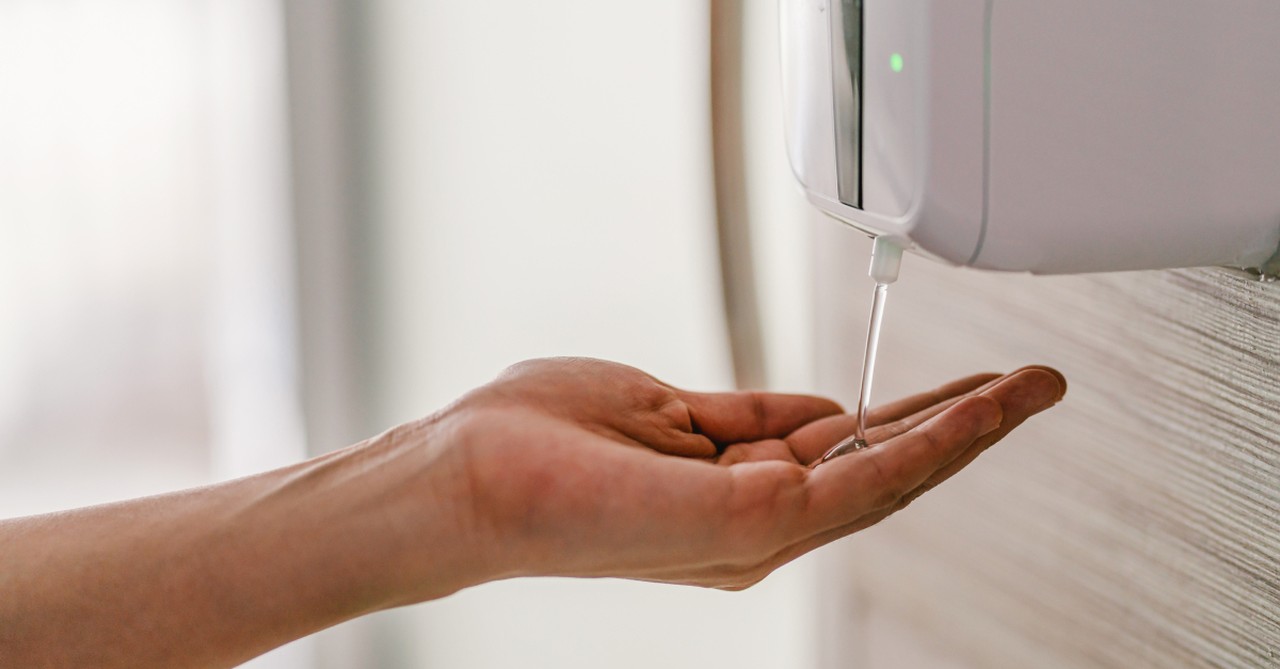
In March of 2020, church leaders across America had to make the difficult decision to either close their building doors or significantly limit the number of people allowed. What seems like moons ago was a decision that was made merely 10 weeks ago.
Some churches went along with “business as usual” and cited the separation of church and state, thereby defying the “orders” and/or “mandates” of local and state authorities forbidding any indoor activities.
Most houses of worship closed for all services out of caution as not to risk the health of the congregants. Further, these church leaders wanted to set a good example within the community and show respect to the severity of the situation.
Now, the church is faced with many more challenges when tasked with the permission to reopen the church doors.
Photo Credit: ©GettyImages/Tzido
1. Deciding When and How Far
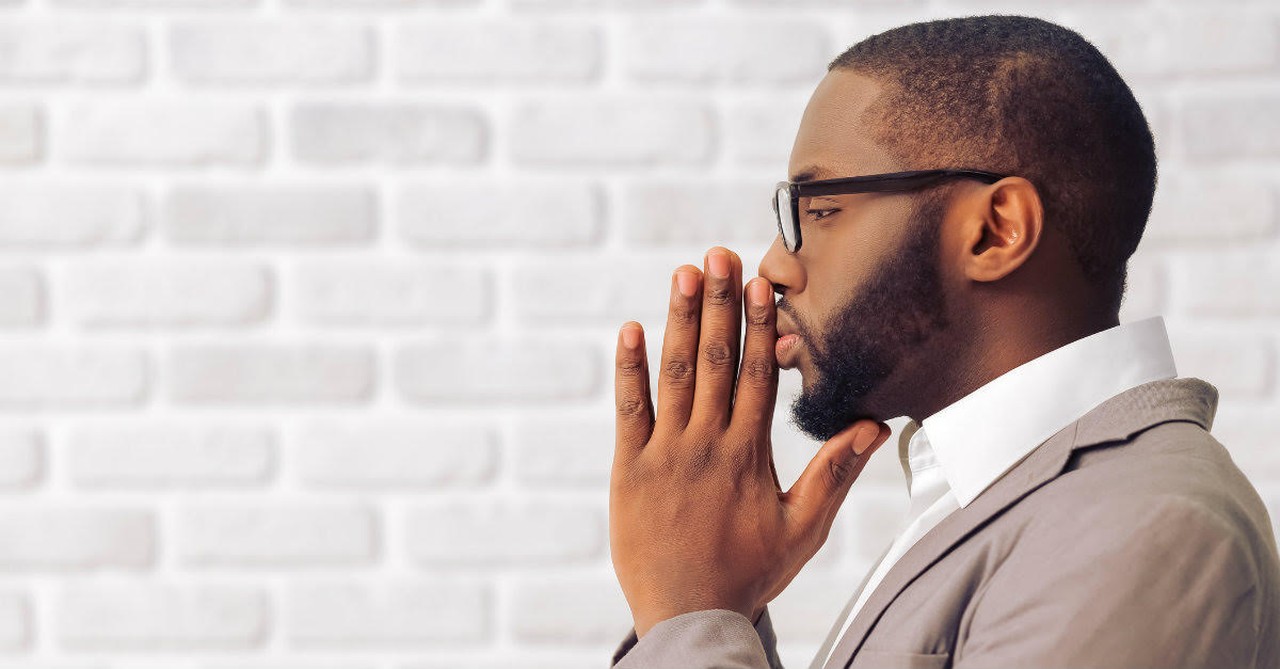
1. Deciding When and How Far
SLIDE 1 OF 5
The church would benefit from “taking a breath” right now. Rushing to reopen just because it's allowed isn't wise without considering potential precautions. Now that the restrictions have been somewhat relaxed and church services can be held in buildings with certain safety measures in place, church leaders are faced with an even more difficult decision than the decision to close.
Announcing that “we are reopening for live services” will likely be met with additional questions regarding youth groups, Sunday School, Vacation Bible School, Sunday evening services, and Wednesday services. These queries arise because these ministries and programs often involve meeting in closer quarters than wide-open sanctuaries.
Church staff who operate and maintain activities within buildings must now actively monitor the health barometer of the local community while fervently seeking wisdom and guidance from above.
James 1:5 tells us “if any of you lacks wisdom, let him ask God, who gives generously to all without reproach, and it will be given him.” In this time of pandemic and fear, we are given many more questions than concrete answers in areas of uncertainties.
The medical community has changed its stance on the ways and means the virus can be spread, the prescribed treatments, and whether or not facial masks are appropriate. Thus, religious leaders are faced with making decisions in light of no great deal of concrete data. To that end, we must seek wisdom and guidance from above.
The church should pray for this godly wisdom as to not allow our personal wants and desires to force a rushed opening.
Photo Credit: ©GettyImages
2. Navigating a Large Latitude of Discretion
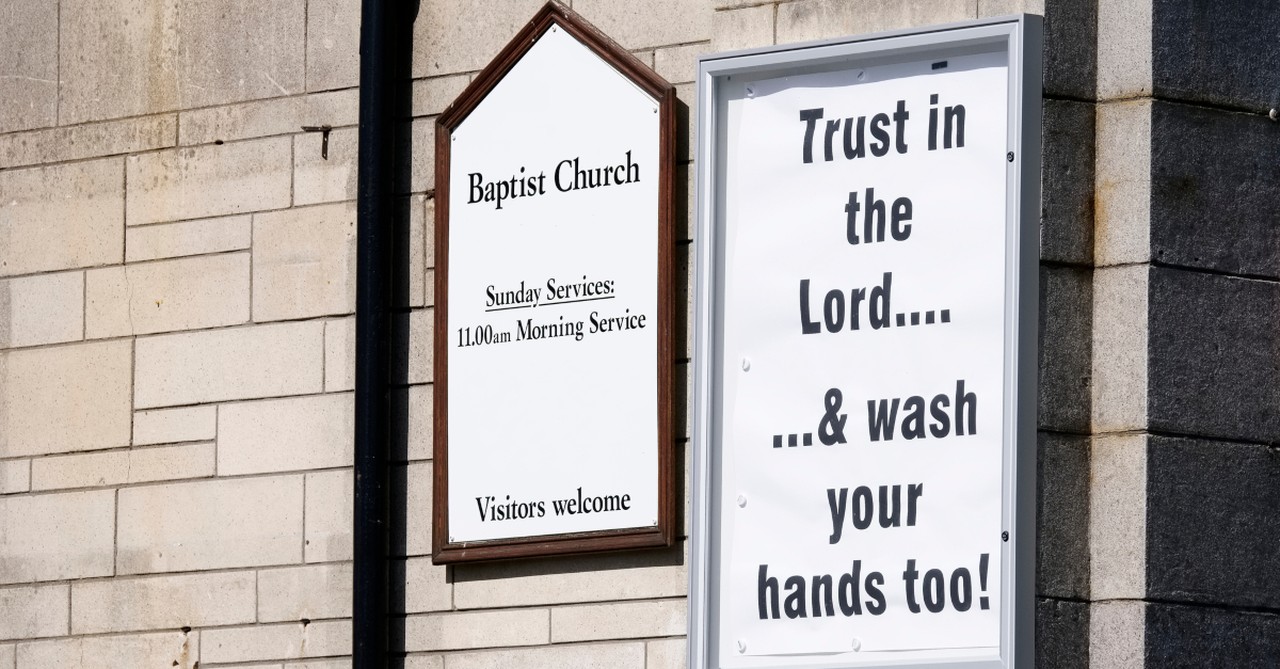
2. Navigating a Large Latitude of Discretion
SLIDE 2 OF 5
The question of when and how to reopen is more complex because church leaders are granted much discretion. When the “world shut-down” began in March, it was relatively straightforward (although not always easy): shut the doors and move to on-line and/or drive-in services.
There is not much risk of spreading “the virus” when the contacts are severely limited or nonexistent. However, the gradual reopening places the onus upon the church to take safety precautions such as recommending masks, enforcing social distancing, installing hand sanitizing stations, and limiting the touching of doorknobs and hymnals to name just a few.
The plan for the components of worship meeting was complicated further by the reports of a choir infecting over 50 members of the group. This spread was allegedly because of the number of infectious “droplets” produced by the human mouth when engaged in singing.
Thus, the question of reopening has many more variables and considerations than whether to lock-down the four walls of the church house from the onset.
Photo Credit: ©GettyImages/Richard Johnson
3. Minimizing the Risk/Maximizing the Worship

3. Minimizing the Risk/Maximizing the Worship
SLIDE 3 OF 5
In 2 Corinthians 11:26, Paul wrote about his external struggles on his journeys as he frequently faced, “danger from rivers, danger from robbers, danger from my own people, danger from Gentiles, danger in the city, danger in the wilderness, danger at sea, [and] danger from false brothers.”
He understood the pressure and burden of the service for Christ as well as the inherent risks during his time necessitating difficulty in travel as well as from those enemies of the cross who attempted to thwart the spreading of the gospel.
However, his overriding concern was for the message and the church. Paul wrote in verse 28 that, “and, apart from other things, there is the daily pressure on me of my anxiety for all the churches.”
Church leaders have this same anxiety. They have worries over both the physical and spiritual health of the sheep. Pastors realize young Christians need the “in-person” worship services and risk losing regular congregants who are not deeply-rooted when a traditional service is put against “internet” worship within the comforts of the home.
The pastors realize that offerings that support the functionality of the church are likely to lag when “in-person” services are not being held where a “plate is passed” for collection. Church leaders must weigh the safety risks and the physical health of their congregations involved with reopening as compared to the spiritual health risked by prolonged remote “teleworship.”
Photo Credit: ©GettyImages/sticker2you
4. Remaining Cautious While Confident
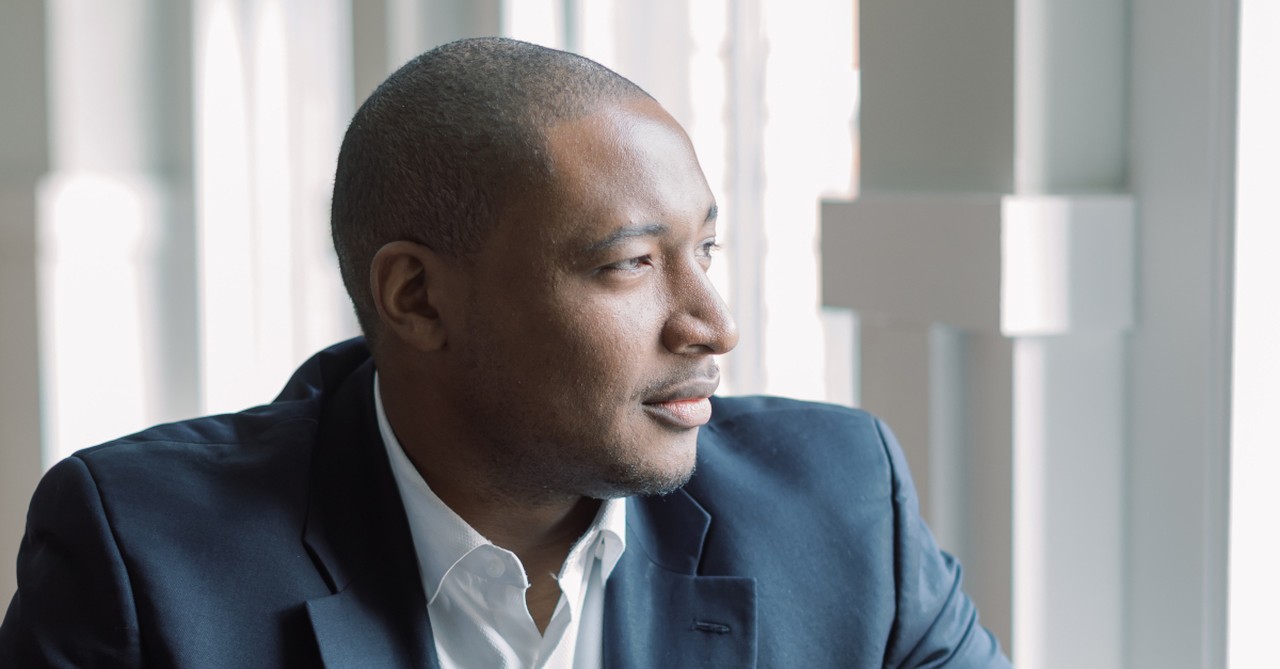
4. Remaining Cautious While Confident
SLIDE 4 OF 5
The pastors who are reopening their churches around the world are thankfully doing so heeding the words of Proverbs 14:16 by realizing that, “the wise are cautious and avoid danger [while] fools plunge ahead with reckless confidence.”
Church leaders realize things are not “business as usual” during this initial phase of reopening. Precautions are being taken and warnings are being heeded to avoid plunging into forced normalcy “with reckless confidence.” The key for the reopening church is to identify the dangers and minimize or prevent the church from being exposed.
In Proverbs 27:12, we are taught that, “the prudent sees danger and hides himself, but the simple go on and suffer for it.” We must be in prayer for wisdom and guidance in assessing the areas and aspects of our church that need attention during this time. Most members want to return to regular worship with our brothers and sisters in Christ.
It is the responsibility of the church, however, to make this phase as safe as possible. When the church sees an area or activity of possible danger, it must be either eliminated or at least diminished to a great degree.
Photo Credit: ©Sparrowstock
5. Discerning Well

5. Discerning Well
SLIDE 5 OF 5
It's challenging to discern the mandates of our state and national government heads. Christians in many states question the ability to shop at Lowe’s, yet not visit a place of worship during early quarantine. Some alleged that the motive was to quench and distinguish the presence of the church more than establish safeguards.
We must realize we have a different mindset than that of the world. Paul, wrote in 1 Corinthians 2:13-14, that “we impart this in words not taught by human wisdom but taught by the Spirit, interpreting spiritual truths to those who are spiritual. The natural person does not accept the things of the Spirit of God, for they are folly to him, and he is not able to understand them because they are spiritually discerned.”
Accordingly, the world does not understand the difficulty caused by the Christian not being able to worship our King and Savior with our brothers and sisters in Christ. We are not taught this desire by our world, but it is innate when we are immersed with the Holy Spirit.
As God stated in Genesis 2:18, “it is not good for the man to be alone.” God knew from the beginning that we are a people who desire to commune. Accordingly, while we enjoyed these different means of worship for a short season, we still long for those hugs, handshakes, and the ability to praise and worship Christ with our fellow brothers and sisters.
Let us continually be in earnest prayer for all of our church leaders as they make these difficult decisions. Trust me, they want to be back inside of the church house with his entire congregation—but they also need our grace as they are faced with great responsibility to preserve safety.
Photo Credit: ©GettyImages/fizkes
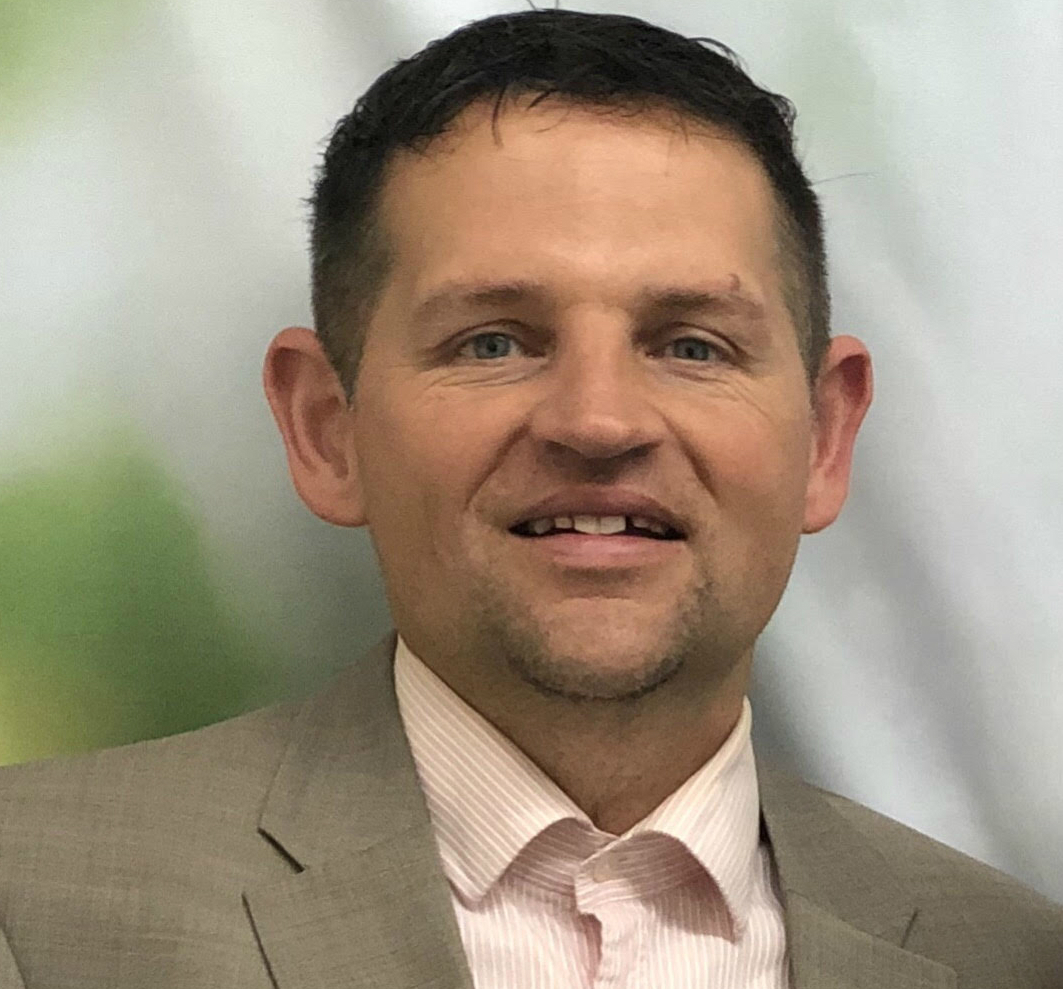
Originally published May 29, 2020.









